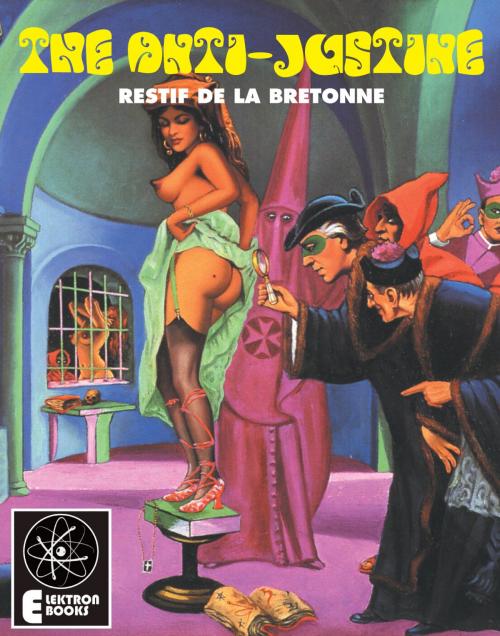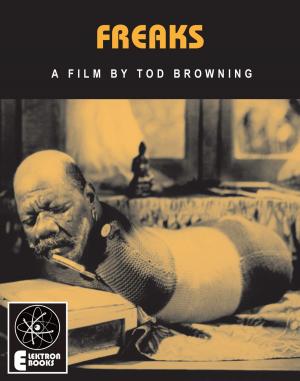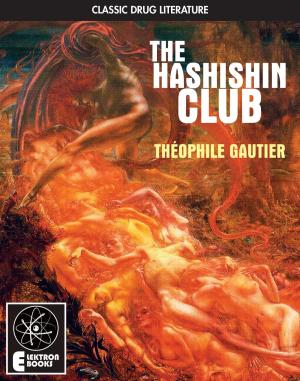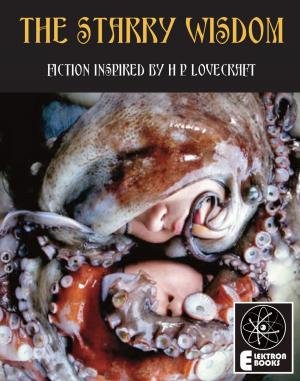| Author: | Restif de la Bretonne | ISBN: | 9781909923492 |
| Publisher: | Elektron Ebooks | Publication: | January 5, 2010 |
| Imprint: | Elektron Ebooks | Language: | English |
| Author: | Restif de la Bretonne |
| ISBN: | 9781909923492 |
| Publisher: | Elektron Ebooks |
| Publication: | January 5, 2010 |
| Imprint: | Elektron Ebooks |
| Language: | English |
Restif de la Bretonne (1734–1806) was perhaps the key author amongst a glut of imitators inspired by the publication of the Marquis de Sade’s “obscene†masterworks Juliette and Justine in the late 18th century. In 1798 Restif wrote his ultra-erotic epic The Anti-Justine (or The Joys of EroS), thus inaugurating a long tradition of “Sadean literature†that continues to this day. The Anti-Justine is a vivid and extreme novelization of Restif’s own life and sexual debauches, which the author tried to defend “morally†by declaring his book to be an “antidote†to the supposed poison of de Sade; yet whilst the book opens with a spurious warning to women against cruelty, it soon develops into a monumental odyssey of sexual depravity which often rivals de Sade in its relentless explicitness. This new edition of THE ANTI-JUSTINE has been freshly translated by Meredith Head (translator of de Sade’s Philosophy In The Boudoir), and contains an introductory essay by de Sade’s biographer Dr Iwan Bloch.
Restif de la Bretonne (1734–1806) was perhaps the key author amongst a glut of imitators inspired by the publication of the Marquis de Sade’s “obscene†masterworks Juliette and Justine in the late 18th century. In 1798 Restif wrote his ultra-erotic epic The Anti-Justine (or The Joys of EroS), thus inaugurating a long tradition of “Sadean literature†that continues to this day. The Anti-Justine is a vivid and extreme novelization of Restif’s own life and sexual debauches, which the author tried to defend “morally†by declaring his book to be an “antidote†to the supposed poison of de Sade; yet whilst the book opens with a spurious warning to women against cruelty, it soon develops into a monumental odyssey of sexual depravity which often rivals de Sade in its relentless explicitness. This new edition of THE ANTI-JUSTINE has been freshly translated by Meredith Head (translator of de Sade’s Philosophy In The Boudoir), and contains an introductory essay by de Sade’s biographer Dr Iwan Bloch.















